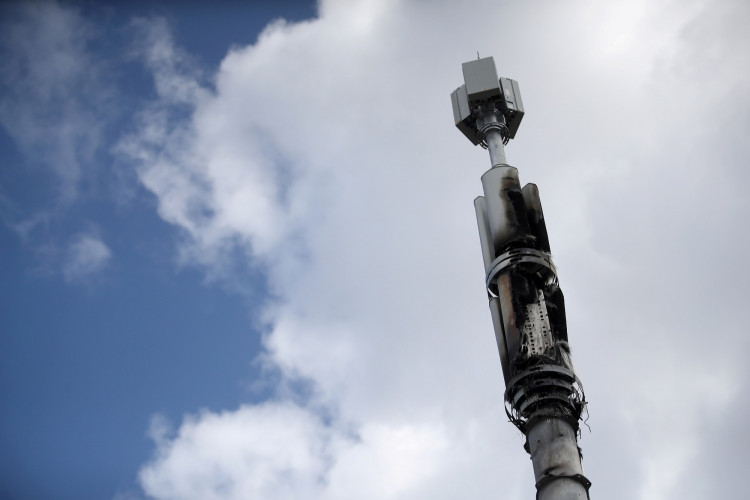AT&T and Verizon Communications have agreed to temporarily halt the installation of 5G towers near some airports as recommended by the Federal Aviation Administration and some airlines. The two telecommunications companies said Tuesday that they would continue to rollout 5G towers in other areas but defer turning on towers near key airports.
The FAA previously warned that 5G signals could potentially interfere with sensitive aircraft equipment such as radio altimeters, disrupting pilots' ability to fly safely and putting passengers in danger. The FAA said towers could impact flights to the limitations caused by 5G signals.
Verizon and AT&T previously announced that they would be completely rolling out their 5G services within this week. Airlines and the FAA had expressed concerns over the rollout, given that they have yet to fully conclude the true impact on flights passing through 5G environments. Delta Air Lines said it is concerned that the implementation of 5G wireless services near airports could cause flight disruptions.
Federal Communications Commission Chair Jessica Rosenworcel said the FAA already has a process in place to assess the true impact of 5G signals. She urged the FAA to resolve any remaining concerns and complete the process with "care and speed."
Some foreign carriers, including ANA Holdings' airlines and Air India, have canceled some flights to the U.S. due to the threat of 5G interference. ANA said it had decided to cancel some Boeing 777 flights to the U.S. based on recent recommendations.
Verizon announced that it would temporarily hold off turning on around 500 5G towers located near airports. The company said that this would affect only less than 10% of their planned deployment. Verizon said they would be working with regulators and stakeholders to find permanent solutions that would allow them to offer 5G services near airports without disrupting flights.
Airlines for America, a passenger and cargo trade organization, said the temporary suspension of their rollout should help assure that all stakeholders, customers, and the U.S. economy are serviced safely.
This will be the third time that AT&T and Verizon have agreed to put off the launch of their new C-Band 5G wireless network. In November, the two companies agreed to postpone deployment for at least 30 days until January 5 and subsequently decided to postpone it until January 19.
U.S. President Joe Biden praised the new agreement, stating that AT&T and Verizon's decision to postpone their deployment will help avoid "potentially devastating disruptions" to travel and transport while still allowing them to deploy more than 90% of their 5G towers as scheduled.





